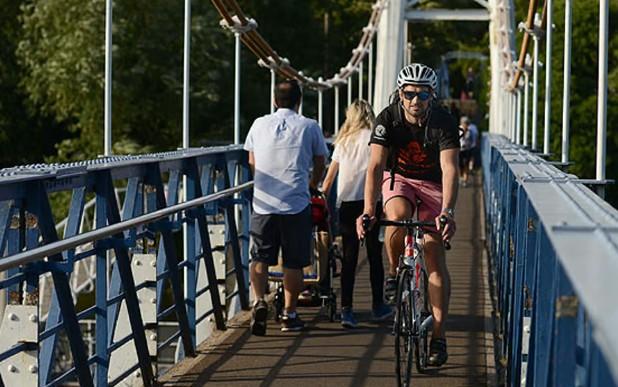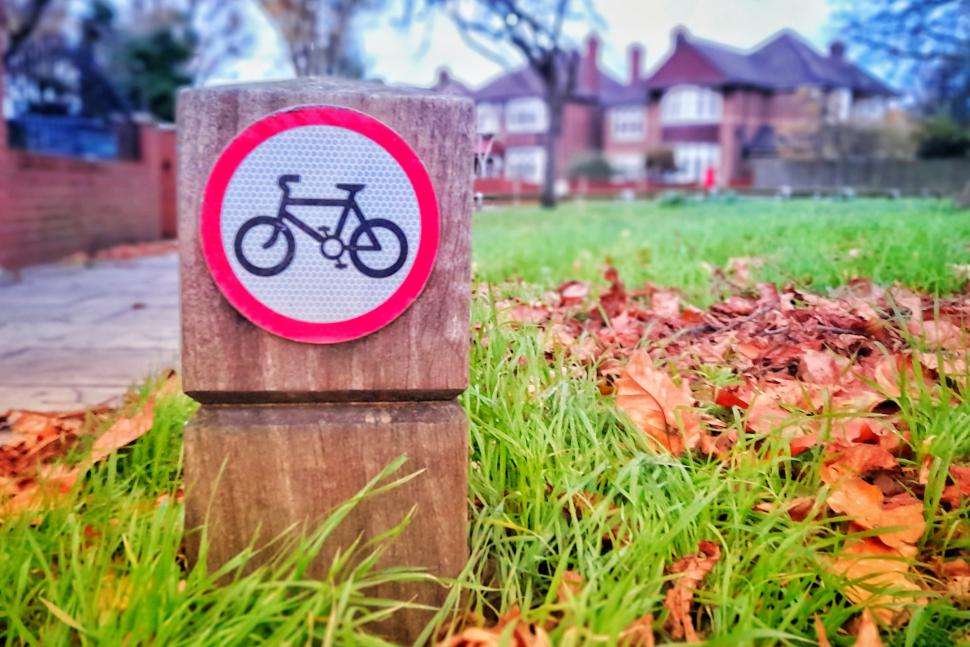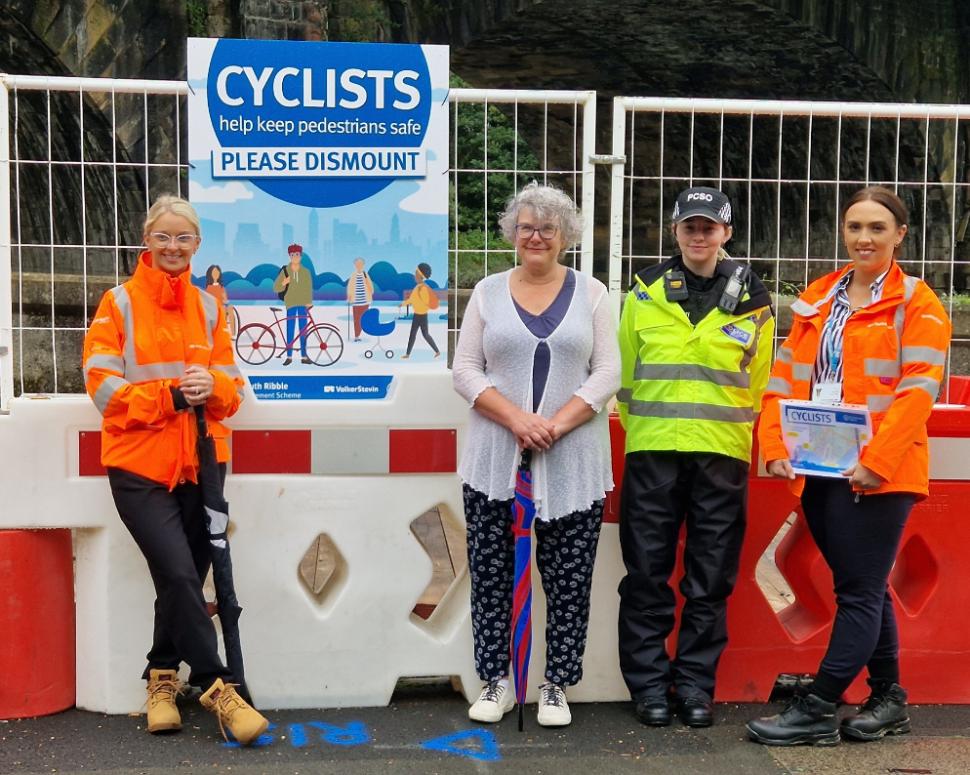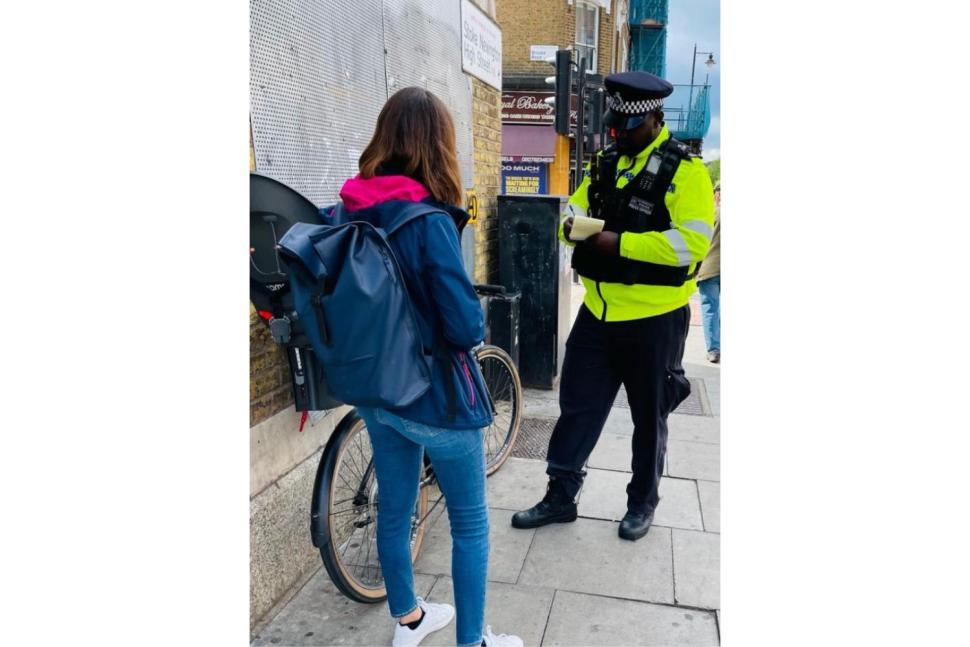- News
- Reviews
- Bikes
- Components
- Bar tape & grips
- Bottom brackets
- Brake & gear cables
- Brake & STI levers
- Brake pads & spares
- Brakes
- Cassettes & freewheels
- Chains
- Chainsets & chainrings
- Derailleurs - front
- Derailleurs - rear
- Forks
- Gear levers & shifters
- Groupsets
- Handlebars & extensions
- Headsets
- Hubs
- Inner tubes
- Pedals
- Quick releases & skewers
- Saddles
- Seatposts
- Stems
- Wheels
- Tyres
- Tubeless valves
- Accessories
- Accessories - misc
- Computer mounts
- Bags
- Bar ends
- Bike bags & cases
- Bottle cages
- Bottles
- Cameras
- Car racks
- Child seats
- Computers
- Glasses
- GPS units
- Helmets
- Lights - front
- Lights - rear
- Lights - sets
- Locks
- Mirrors
- Mudguards
- Racks
- Pumps & CO2 inflators
- Puncture kits
- Reflectives
- Smart watches
- Stands and racks
- Trailers
- Clothing
- Health, fitness and nutrition
- Tools and workshop
- Miscellaneous
- Buyers Guides
- Features
- Forum
- Recommends
- Podcast
news
 Cyclist on Teddington Lock, West London (credit: Daniel Lynch)
Cyclist on Teddington Lock, West London (credit: Daniel Lynch)Police vow to clamp down on “anti-social cycling” after arresting man for riding bike on pavement and failing to stop
Police officers have promised residents that they will “firmly” deal with anti-social behaviour by people on bikes, after arresting a man for cycling on a footpath, failing to stop, and assault with intent to resist arrest.
The news of the cyclist’s arrest comes after several residents in Teddington, an affluent west London suburb in the borough of Richmond upon Thames, complained about so-called anti-social behaviour and incidents involving cycling at last week’s meeting of the Hampton Wick and South Teddington Ward Police Liaison Group.
At the meeting, members of Teddington Ward Neighbourhood Police said that they were continuing to hand out fines and Fixed Penalty Notices to cyclists riding on the pavement, an offence which can also be dealt with through warnings or prosecutions.
In a statement following the complaints made at the Police Liaison Group meeting, the neighbourhood police team said: “You could not have been clearer. You want us to firmly police antisocial behaviour associated with cycling.
“A few days ago, we arrested a man for failing to stop for police, cycling on a footway, and assault with intent to resist arrest.”
Responding to the police’s statement on social media, one Teddington resident said: “More of the same please. Too many middle-class, middle-aged people around here think it’s their right to cycle on the pavement.”
> Why do cyclists ride on the pavement? New study explores why
At last week’s meeting, the team also revealed that it had recently made three prosecutions for the “misuse of electric bikes and scooters”, stating that it is “targeting and seizing” such vehicles when they are being “operated illegally”. However, the force admitted that this targeted campaign against e-bike and e-scooter misuse is “time consuming”.
But despite this apparent crackdown on anti-social cycling by the local police, one Teddington councillor, Richard Baker, said he will arrange a further meeting with residents to discuss the issue of, as some locals have dubbed it, “cyclists continuing to cause problems for residents”.
Teddington’s local police force, of course, isn’t the first to declare that it is cracking down on pavement cycling in recent years.
In July 2023, police in Lancashire announced that they were targeting cyclists riding on the footpath while road closures were in place, after the local authority claimed the pavement-using cyclists were “causing risk to public safety” by riding at “breakneck speed”.
Preston’s Riverside was closed a few months before to enable the construction of new flood defences, as part of the city council’s Flood Risk Management scheme. According to Lancashire Police, during the period the road was closed there were “several reports” of cyclists riding on pavements and failing to follow the Guild Wheel diversion route.
Preston City Council has also claimed that “the ongoing failure to follow the diversions is causing risk to public safety after many reports of people being injured or near misses” involving cyclists and pedestrians.
And just a week earlier, Stoke Newington Police came in for criticism after the force’s social media account posted a photograph of an officer issuing a fine to a woman with a child seat on her bike for riding on the pavement, as part of its operation to tackle “cycling related anti-social behaviour”.
Last May, we reported that “rogue” wardens employed as external contractors by Colchester Council were accused of “lying in wait” to catch cyclists riding on the pavement, after two riders were fined £100 for briefly mounting a footpath to avoid navigating a notoriously busy roundabout and its “thick and fast motor traffic”.
Those penalties, described by one of the cyclists involved as “unjustified” and “a bit farcical”, formed part of a long-running controversy in Colchester surrounding the implementation of its Public Space Protection Order (PSPO) on cycling.
Ostensibly designed to prevent anti-social, nuisance, and dangerous behaviour, the order led to cyclists in the city believing that they were being unfairly targeted by third-party wardens “running amok”, ultimately leading to the council putting a temporary halt to its penalty system.
These “cowboy” wardens were also accused of discouraging people from cycling in the city, by mistakenly fining cyclists £100 for riding their bikes in areas where cycling is permitted, threatening them with a £1,000 penalty if they appealed the fine, and telling one elderly female cyclist that she wasn’t allowed to use a city centre road because she doesn’t pay “road tax”.
As we have reported on road.cc on a regular basis, PSPOs banning cycling in pedestrian areas, and giving council officers the power to fine people riding bikes, have been the subject of intense scrutiny in recent years.
Despite their apparent aim to deter anti-social or nuisance behaviour in town and city centres, several local authorities who have implemented the measures have been criticised for instead imposing sometimes hefty fines on people riding their bikes safely in pedestrian zones.
After obtaining a PhD, lecturing, and hosting a history podcast at Queen’s University Belfast, Ryan joined road.cc in December 2021 and since then has kept the site’s readers and listeners informed and enthralled (well at least occasionally) on news, the live blog, and the road.cc Podcast. After boarding a wrong bus at the world championships and ruining a good pair of jeans at the cyclocross, he now serves as road.cc’s senior news writer. Before his foray into cycling journalism, he wallowed in the equally pitiless world of academia, where he wrote a book about Victorian politics and droned on about cycling and bikes to classes of bored students (while taking every chance he could get to talk about cycling in print or on the radio). He can be found riding his bike very slowly around the narrow, scenic country lanes of Co. Down.
Latest Comments
- stonojnr 2 hours 18 min ago
fwiw in that area, yes absolutely its normal, its like a lowland heath sandy area, most of the b roads have alot of sand at times,, it just blows...
- ROOTminus1 4 hours 5 min ago
I'm glad the article went into more detail and cleared things up, the headline had me worried that some autonomous building had run rampant and...
- mark1a 4 hours 24 min ago
Still here, just showing a few signs of wear and tear. Hopefully still serviceable for some years to come.
- Secret_squirrel 4 hours 54 min ago
Has he fully recovered though, and will he ever?...
- Rendel Harris 5 hours 8 min ago
How can you know that you are "equally fearful" as "any female cyclist"? There is no possible way of quantifying such emotions and female cyclists...
- chrisonabike 5 hours 40 min ago
I think it would be fairer to blame the moon - as in "my client is a loony".
- Bungle_52 6 hours 4 min ago
Nice idea but Gloucestershire Constabulary are not interested as exemplified by this prvious NMOTD. Not only was there NFA for the close pass in...
- hawkinspeter 7 hours 36 min ago
I think black boxes are great for early detection of cognitive decline and/or sight problems. Someone's driving is going to become much less smooth...
- Bigtwin 8 hours 11 min ago
It's a fashion. https://guildford-dragon.com/shalford-driver-who-smashed-shalford-war-me...



Add new comment
31 comments
Also in Richmond, Richmond Park is a prime example of where cyclists are discriminated against and marginalised.
Cyclists are criticised for speeding when the real danger is from speeding motorists who can rarely be found adhering to the 20mph limits.
Most of the roads that are closed to motor vehicles are marked "Pedestrian priority". The rest of the park is a free-for-all which we all know means motorists have priority.
There are no areas of the park where cyclists have priority over any other vehicles.
Pages